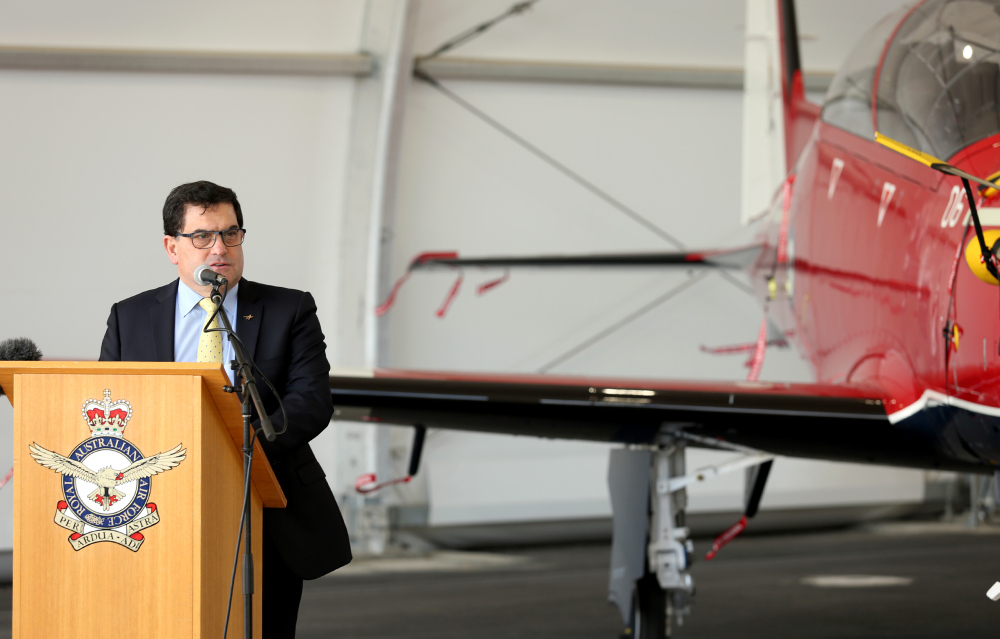The new venture capital firm managing the CSIRO Innovation Fund has comfortably exceeded its $200 million funding target, with $232 million now available to help globalise Australian research.
To continue reading the rest of this article, please log in.
Create free account to get unlimited news articles and more!
Main Sequence Ventures started out with $100 million last September from founding investors CSIRO and the Australian federal government.
The additional $132 million came from global investors such as Australian superannuation fund Hostplus, the Singapore government’s Temasek fund plus strategic backers Lockheed Martin and the University of Melbourne.
Lockheed Martin Australia chief executive Vince Di Pietro said the investment in Main Sequence Ventures reinforced their commitment to partnering with Australia’s research and industry communities to support global supply chains.
That provided opportunities for technology transfer, innovation, local skilled jobs and sustainable business growth.
“Lockheed Martin has been contributing to the security of Australia for over 70 years and our partnership with Main Sequence Ventures, along with other investments, is an important part of our commitment to developing sovereign capability for Australia into the future,” he said.
Main Sequence Ventures partner Mike Zimmerman said it has already made investments in companies creating new industries.
Those companies were working on satellite sensor networks, autonomous vehicles, quantum computing and digital healthcare.
“We are proud and excited to partner with investors that share our belief that significant global companies can come from the important work happening in Australia’s publicly-funded research organisations,” said Zimmerman.
Main Sequence has also commercialised world-leading research from institutions across Australia, including the University of South Australia, Sydney University, CSIRO, Data61 and the Australian National Fabrication Facility.
CSIRO chief executive Larry Marshall said Australia had outstanding science.
“But translating that science into real products, real jobs or growing entire new industries remains a challenge,” he said.
“CSIRO can be the bridge to help more great Australian inventions flourish and our Innovation Fund is delivering returns to invest in even more critical research for future breakthroughs.”
“Through this partnership, we are excited to support Australian companies researching and developing transformative technologies that will shape our future,” said Lockheed Martin Ventures executive director and general manager Chris Moran.
The Main Sequence portfolio includes Baraja, which is creating the “eyes for autonomous vehicles” with next generation LiDAR technology, Q-Ctrl, accelerating the emergence of useful quantum computers by creating the first quantum control software and FluroSat, a powerful digital system for farmers to increase their yield whilst using 2 per cent less water and 30 per cent less fertiliser.

 Login
Login







